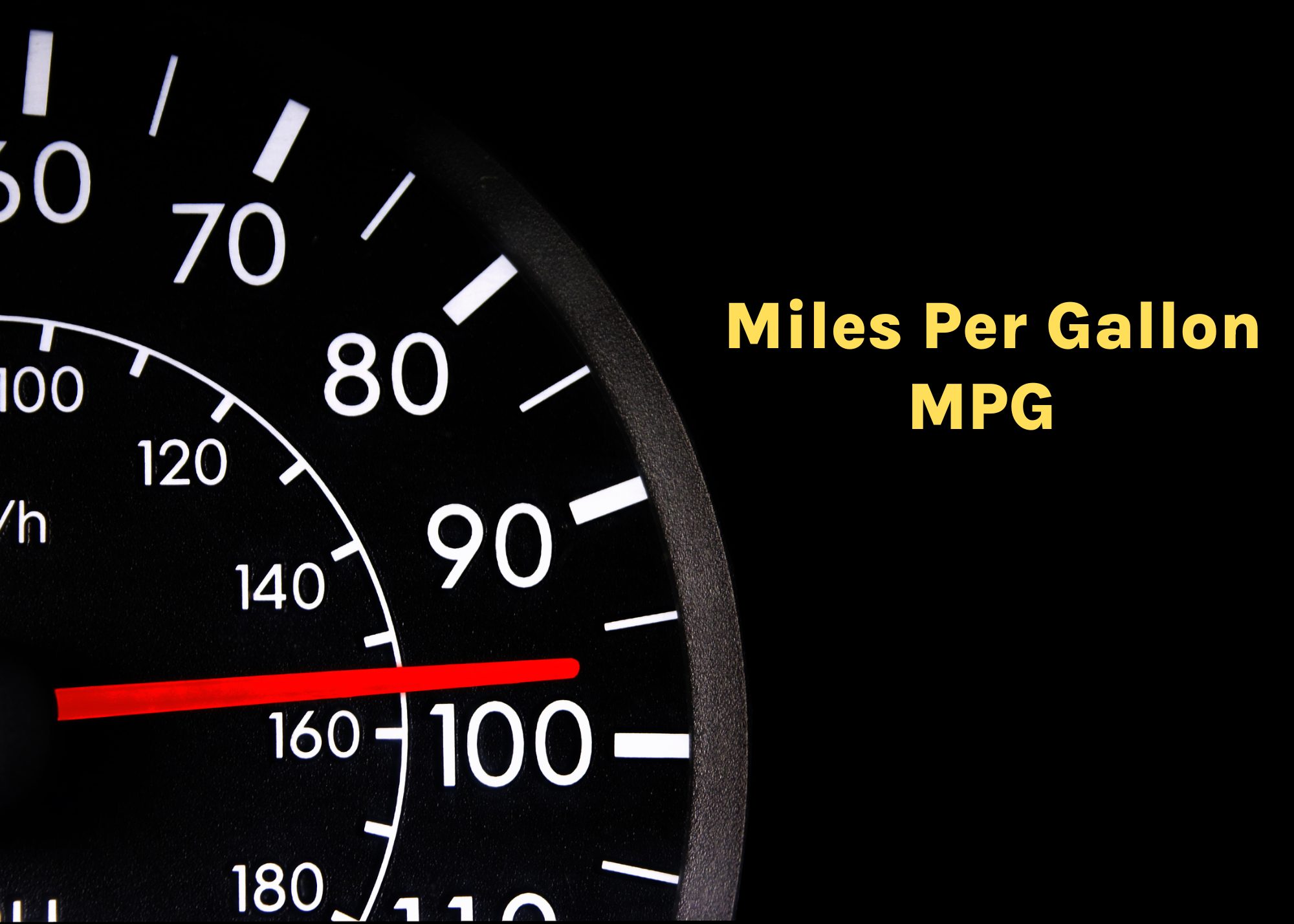MPG meaning
Miles per gallon (MPG) is a widely recognised metric used to measure a vehicle’s fuel efficiency and is crucial for both consumers and policymakers concerned with energy consumption and environmental impact. This comprehensive guide will delve into the intricacies of MPG, covering its significance, calculation, factors affecting it, and the importance of fuel efficiency in today’s world.
What is MPG?
MPG, or miles per gallon, is a metric that quantifies the number of miles a vehicle can travel on one gallon of fuel. It is an essential indicator of a vehicle’s fuel efficiency, allowing consumers to compare different vehicles and make informed decisions about their transportation choices.
How is MPG Calculated?
The calculation of MPG is straightforward and involves dividing the number of miles driven by the amount of fuel consumed. The formula for calculating MPG is:
MPG = Miles Driven / Gallons of Fuel Consumed
For example, if you drove 300 miles and used 10 gallons of gasoline, your MPG would be:
MPG = 300 miles / 10 gallons = 30 MPG

Factors Affecting MPG
Several factors influence a vehicle’s MPG, and understanding these can help drivers improve fuel efficiency and make informed choices when purchasing a vehicle:
a. Vehicle Type: Different vehicle types (e.g., sedans, SUVs, trucks) have varying levels of fuel efficiency due to differences in size, weight, and aerodynamics.
b. Engine Type: The type of engine (e.g., gasoline, diesel, hybrid, electric) plays a significant role in determining MPG. Hybrid and electric vehicles tend to be more fuel-efficient than traditional gasoline-powered vehicles.
c. Driving Habits: Aggressive driving, speeding, and frequent braking can significantly reduce MPG. Practicing smooth and efficient driving techniques can improve fuel efficiency.
d. Maintenance: Regular maintenance, such as changing air filters, keeping tires properly inflated, and tuning the engine, can help maintain optimal MPG.
e. Terrain and Climate: Hilly terrain, extreme temperatures, and strong winds can impact MPG. Vehicles may consume more fuel under adverse conditions.
f. Vehicle Load: Carrying excessive weight in a vehicle, whether it’s cargo or passengers, can reduce MPG.
The Importance of Fuel Efficiency
Fuel efficiency is crucial for several reasons:
a. Cost Savings: Higher MPG means fewer trips to the gas station and lower fuel expenses over time, saving consumers money.
b. Environmental Impact: Fuel-efficient vehicles produce fewer greenhouse gas emissions, contributing to reduced air pollution and mitigating climate change.
c. Energy Security: Reducing fuel consumption decreases dependency on foreign oil and enhances energy security.
d. Regulatory Compliance: Governments worldwide implement fuel efficiency standards to reduce emissions and promote sustainable transportation.
e. Sustainability: Greater fuel efficiency aligns with global efforts to conserve natural resources and reduce the environmental footprint of transportation.
Miles Per Gallon For My Car
You can get a good idea of the benchmark miles per gallon that you can expect based on your vehicle type by using the calculator found on this page. However as mentioned in the points above, the actual MPG will depend on other factors as well.
What is a Good MPG?
To give you an indication of how your MPG score stacks up against other vehicles on the road, you can refer to this MPG Rating Scale:

Fuel Efficiency Standards
Many countries have established fuel efficiency standards and regulations to encourage the production and adoption of fuel-efficient vehicles. These standards require automakers to improve the MPG of their vehicles over time, contributing to a cleaner and more sustainable transportation sector.
Miles per gallon (MPG) is a fundamental metric for measuring a vehicle’s fuel efficiency. Understanding how to calculate MPG and the factors that influence it can empower consumers to make informed choices when purchasing vehicles and adopt more fuel-efficient driving habits. Fuel efficiency is not only essential for saving money but also for reducing environmental impact, enhancing energy security, and promoting sustainable transportation in an increasingly eco-conscious world.
